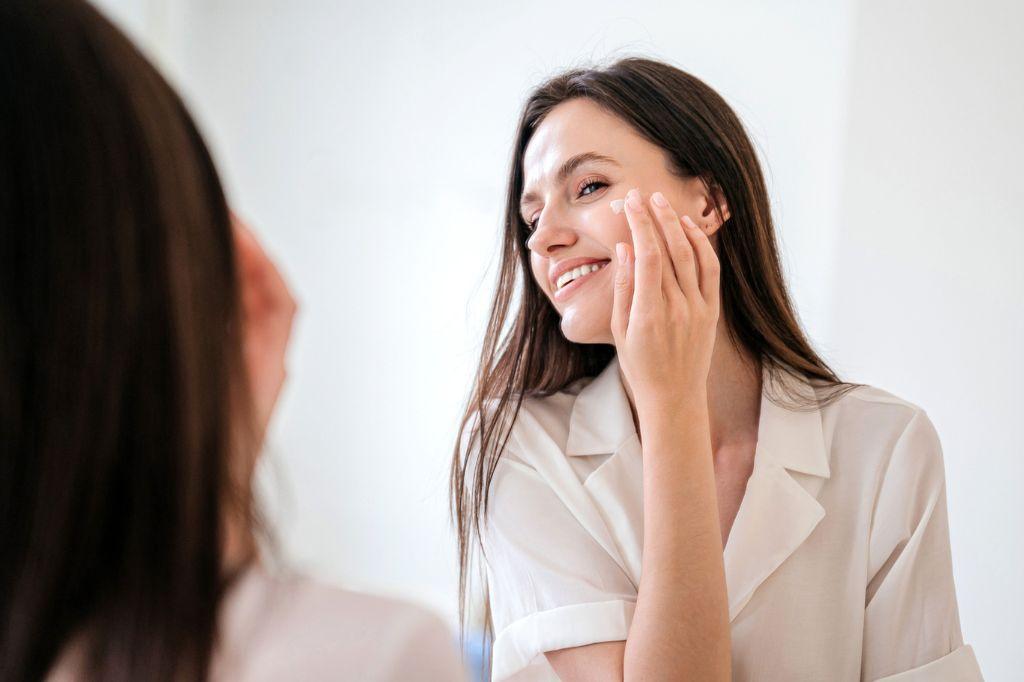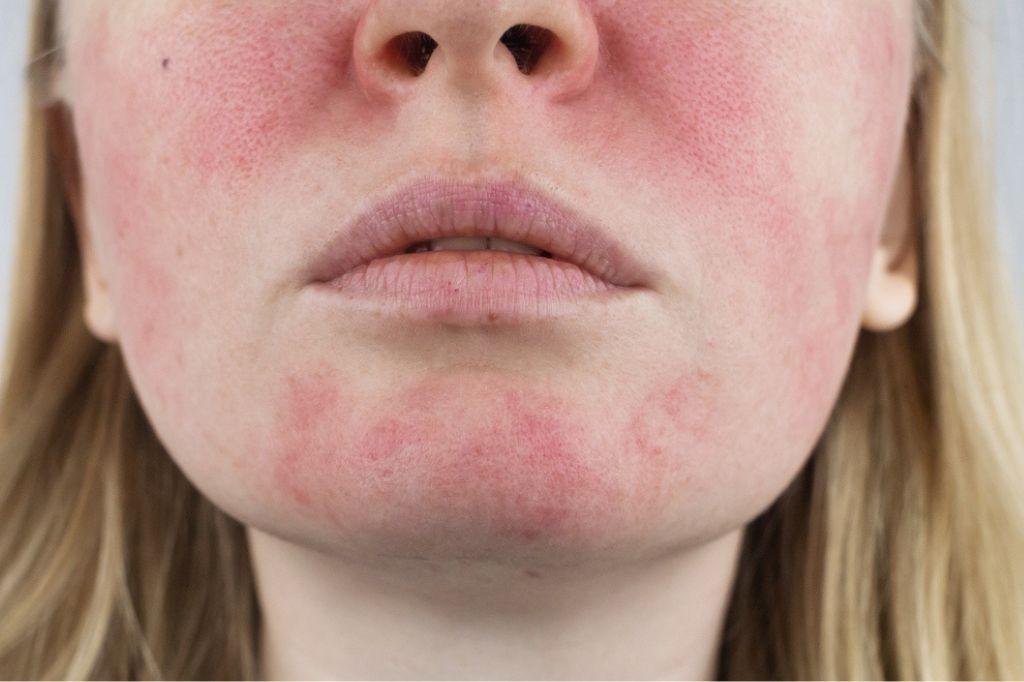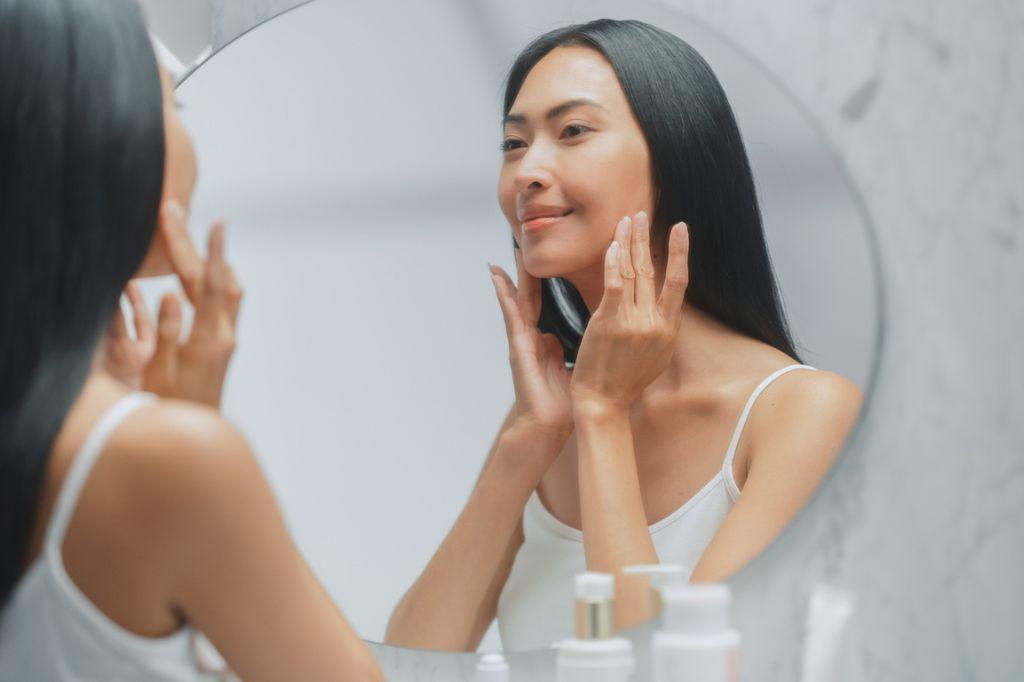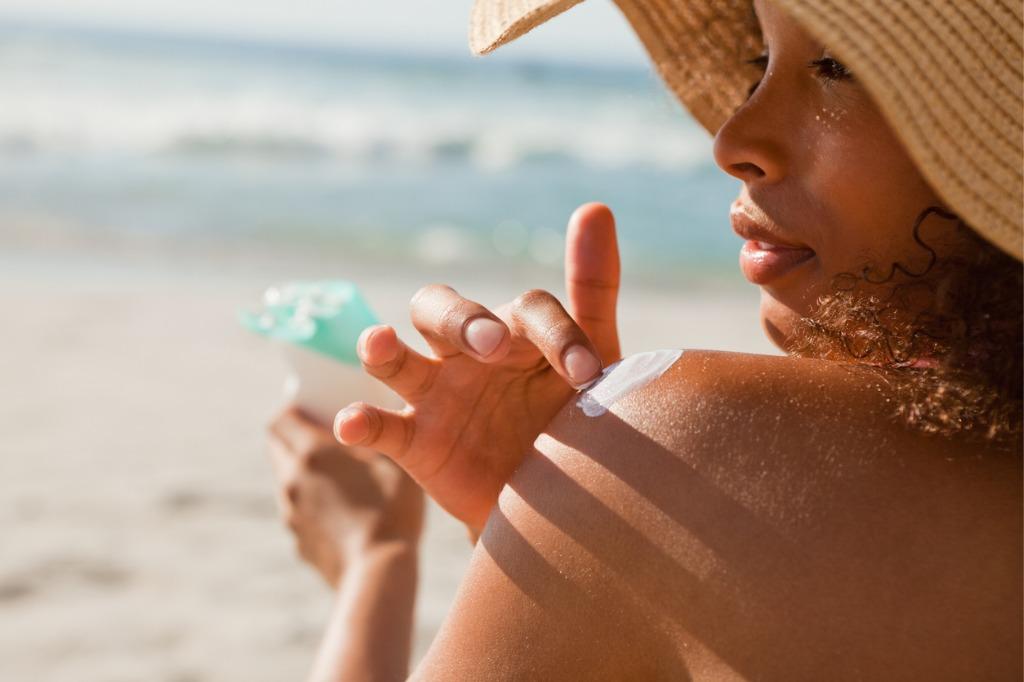Rosacea 101- What Causes Rosacea & Rosacea Treatment Options
It is estimated that over 16 million Americans suffer from the signs and symptoms of rosacea, a dermatologic condition that causes redness on the face/skin, and millions more may be in temporary remission from the condition. Although many people don’t know that much about rosacea or the details of the condition, those who live with rosacea know all too well how this seemingly innocuous condition can negatively affect your life and your confidence.
What Is Rosacea?
Rosacea is a common dermatologic condition where the skin on your face becomes inflamed. It appears as red areas, small blood vessels, bumps, pus-filled areas, or swollen eyes and eyelids. Occasionally, even the nose can be affected, and the skin around it thickens, appearing bulbous. Rosacea is sometimes mistaken for acne because of the redness and pus-filled bumps, but the condition is quite different.The symptoms can last for weeks and even months. There is no cure for rosacea, but there are some effective treatment options.
What Causes Rosacea?
Anyone can have rosacea, but it is most common in light-skinned, middle-aged women. It’s not entirely clear what causes Rosacea in some people, but environmental factors and heredity are two of the suspected causes. Some things that can contribute to flare-ups of rosacea include:
Certain cosmetics and facial products.
Emotional reactions.
Spicy foods.
Exercise.
Alcohol.
Warm drinks.
Hot or cold temperatures.
Sun or wind.
Some medications.
Light-skinned women over the age of 30 who smoke or have a family history of rosacea are more likely to be afflicted.
How To Treat Rosacea
Thankfully there are a few different rosacea treatment options that you and your doctor can discuss. Depending on the severity of your skin condition, your doctor may suggest a change in diet or skincare regimen. Other treatment options include:
Medications: Various topical medications can help reduce the redness and alleviate the swelling. Your doctor may prescribe oral antibiotics to control the inflammation and clear up symptoms. Your specialist may suggest an oral acne drug such as isotretinoin to prevent flare-ups and help heal bumps in very severe cases.
Other Therapies: Laser therapy is often used to treat rosacea symptoms. Light therapy can also help to reduce redness and inflammation. You may need to repeat these therapies regularly as symptoms reappear.
Avoid triggers: Your doctor may help you identify triggers that cause symptoms, and you can change your lifestyle to avoid these things.
Facial massage: Daily facial massage has been shown to improve the symptoms of rosacea. You can do this at home once or twice a day.
Daily supplements or essential oils: Some patients have seen good results by taking supplements or using essential oils to control rosacea symptoms.
Rosacea Treatment In Tampa
Rosacea can be an incredibly difficult condition to treat, but we’re proud to have several board certified dermatologists and providers on staff here at Academic Alliance in Dermatology who have devoted their careers to the treatment of rosacea and many other skin conditions. Our providers work tirelessly with our patients to find solutions that effectively manage their rosacea and reduce symptoms so that they can experience an improved quality of life, and we have several innovative treatment options available at our office locations.
If you’ve been struggling with rosacea and are looking for rosacea treatment in Tampa or the surrounding areas, schedule an appointment at an office location near you!




